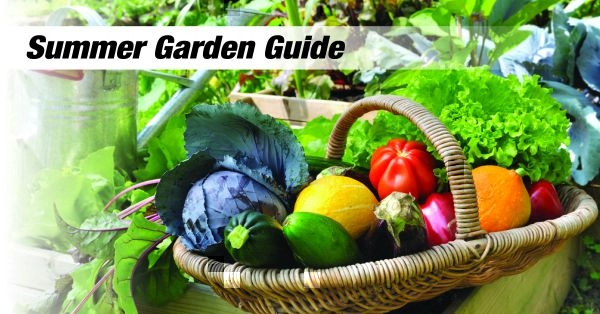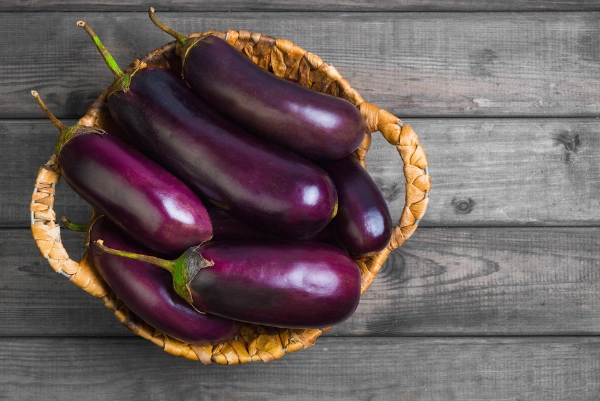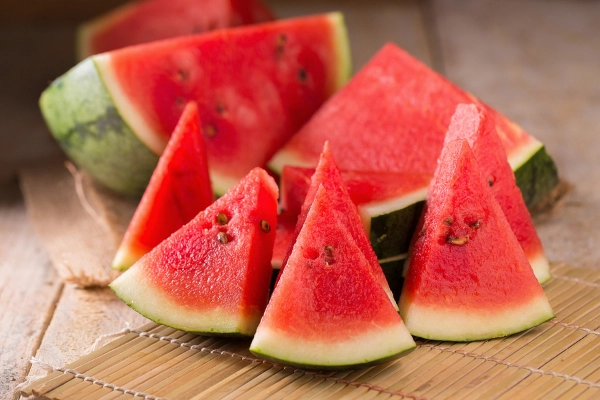
Think it's too late to plant a great garden? Think again! While most fruits and vegetables require early spring planting, we are here to share a list for any procrastinators out there who still want a great harvest! Especially if you're new to gardening like us, it's best to stick with just a few different vegetables and herbs until you're comfortable with the sun/water needs of each. We did some research and found that some of the best vegetables to plant in mid-summer are:
Tomatoes: Your best bet is to buy tomatoes that've been started. already rather than planting seeds. Transfer the baby plant into your garden, burying at least half or more of the stem so its roots have ample room to build a strong foundation. Tomatoes grow quickly and produce a lot of fruit, but keep an eye on them so that they don't overheat. Planting tomatoes in their mobile container will allow you to move them indoors on those especially unforgiving sunny/hot days.
Peppers: Bell peppers prefer to be planted in late summer. If you're in a region of the country where it's consistently VERY hot, wait until August or September to plant your peppers. This is a plant that, like tomatoes, can be started in a pot indoors until the weather is right to bring them outside. Bell peppers. A fun fact we learned is that peppers like sulfur, so burying a match or two below your plant before you transfer it outdoors will give it a boost.
Carrots: Carrots grow fairly quickly, but are a great vegetable to grow because they'll keep just fine in the ground until you're ready to use them. Carrots won't do very well in areas with a lot of rain, as they prefer to be watered only once their soil dries out. so keep that in mind! A deep container is the solution to this problem, as carrots grow very well in mobile gardens you can bring them inside during heavy rainfall.

Eggplant: One of the best vegetables to grill, eggplant is a great summer vegetable to experiment with. They prefer very warm weather and need a lot of room between each plant, as they can grow fairly large. Designate an area of your garden to let these babies stretch out. When it comes to water, they're like Goldilocks. Not too much, not too little. Keep them consistently moist without over-watering your plants. Using stakes to support your plants is recommended as well.
Squash/Zucchini: Plant these this June and you'll have plenty to harvest by August for your back-to-school and Labor Day grilling. Zucchini and yellow squash are great for beginners as you only need a few plants to produce a whole lot of veg. If you've got compost, squash will take a helping or two! Once they've reached about 6 inches, they're probably ready to be picked and eaten. yum!
Cucumbers: These will need some space, as they grow pretty quickly and need a lot of sun. but given the right treatment, you'll yield a LOT of cucumbers! They also only take about six weeks to grow and ripen. Bonus, cucumbers are so versatile your family won't grow sick of eating them. slice them into a salad, make your pickles, juice them, or put a slice over each eye for a relaxing home spa experience!

Melons: What's more refreshing than watermelon in the summertime? Watermelon plants are hungry, so require fertilization and some compost, or even seaweed! If you? 're up for it, manure will surely work well too. As you can imagine, watermelons need a bit of room to grow. Unfortunately, watermelons are prone to weeds. a layer of mulch will help suppress weed growth while your watermelon thrives! The most important thing to remember is that once your watermelon reaches the size of a baseball, it will grow rapidly and must be lifted off the soil to avoid rotting/insects. Does a light pile of hay or cardboard straw elevate it enough? we even read that putting aluminum foil underneath to retain heat will ripen your melons faster! Give it a try, and let us know! You can of course enjoy a lush herb garden year-round? as long as you're keeping them indoors during the colder months. Summertime is when you'll see most of your herbs do well. The herbs you'll find that are most tolerant to warm weather are:
- Basil
- Chives
- Dill
- Fennel
- Parsley
- Sage
- Thyme
No summer garden guide applies to all climates, so do some research of your own to find what garden veggies have the best shot in your region of the country. Good luck out there! We hope you choose to try a few off our list and enjoy fresh, organic salads this summer! And don't just take our word for it. Oprah's team has a great summer garden guide you can reference. and that woman knows a thing or two about gardening!
